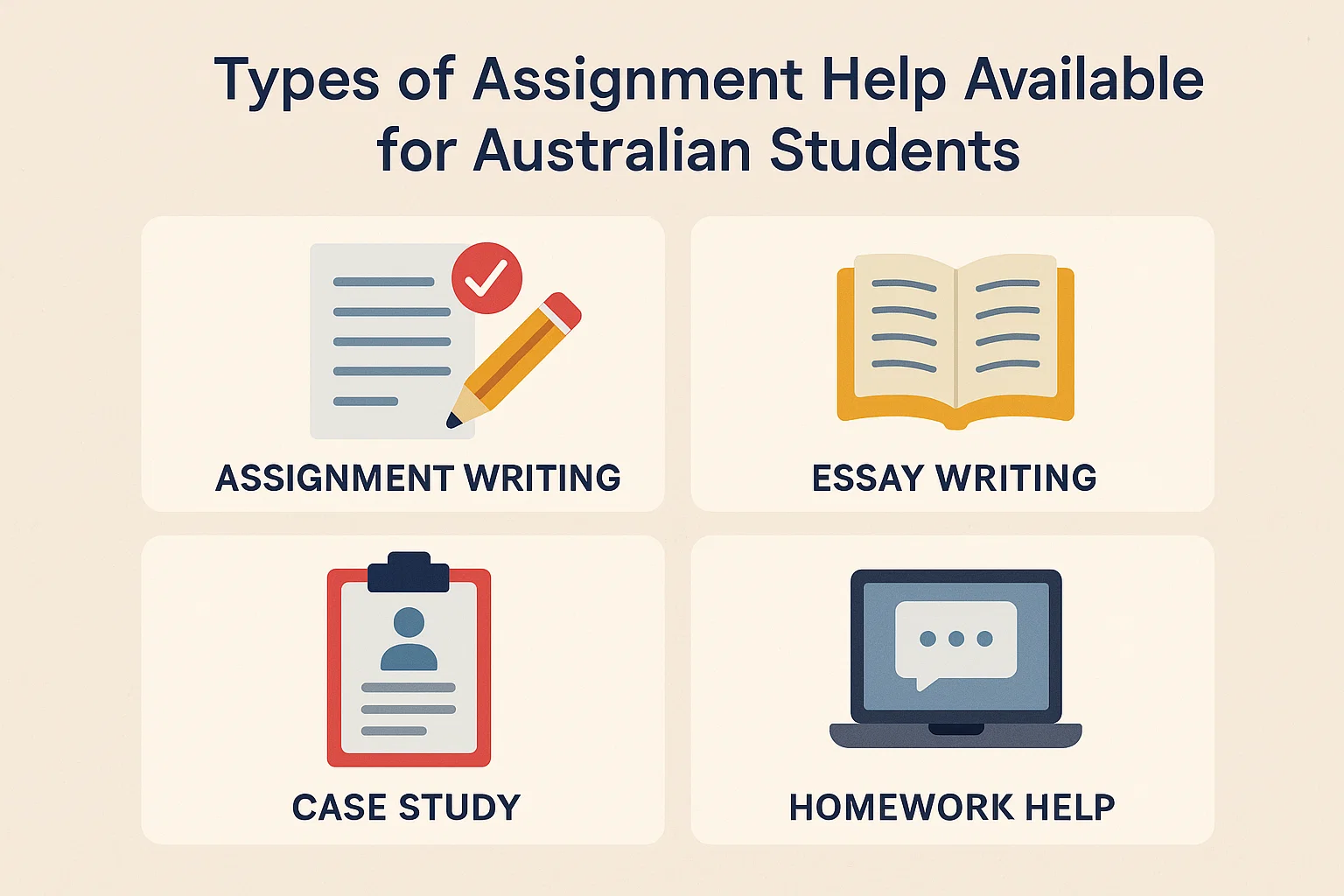Canadian politics is complex. It involves different levels of government, policies, and ideologies. Many students struggle with assignments in this subject because it requires deep understanding and analysis. If you need help with your assignments, Homework Help Services in Canada can support your studies. These services provide guidance, making it easier to understand political concepts and complete assignments effectively.
Key Steps to Completing Political Analysis Homework
Political analysis is different from other subjects. It requires critical thinking and knowledge of current events. Follow these steps to complete your homework successfully.
1. Read the Assignment Carefully
Before you start, read the question or prompt properly. Understand what is being asked. Look for keywords like “analyze,” “compare,” or “discuss.” These words tell you what the assignment requires.
If your task is unclear, ask your professor or classmates for clarification. Misunderstanding the question can lead to unnecessary mistakes.
2. Research Thoroughly
Political analysis is based on facts and evidence. Use reliable sources to gather information. Books, academic journals, and government websites are good places to start. Avoid blogs or personal opinions unless they come from credible experts.
Stay updated with current political events. Canadian politics changes often, and your assignment may require recent data. News websites and government reports provide valuable insights.
3. Organize Your Thoughts
Before writing, structure your ideas. Create an outline to keep your points clear and logical. A strong outline includes:
- Introduction – Briefly introduce the topic and state your argument.
- Main Body – Present your analysis with supporting evidence.
- Conclusion – Summarize your findings and final thoughts.
This structure makes your work easier to read and understand.
4. Use Critical Thinking
Political analysis is not about memorizing facts. You need to interpret information and explain its significance. Ask yourself:
- What impact does this policy have on Canadians?
- How do different political parties view this issue?
- What historical events influenced this decision?
Providing thoughtful analysis shows that you understand the topic.
5. Support Your Arguments with Evidence
Every claim you make should have supporting evidence. Use statistics, expert opinions, and historical data to back up your points. Without proof, arguments become weak.
For example, if discussing healthcare policies, refer to government reports or research studies. Citing sources properly also makes your work credible.
Writing the Assignment
Once your research and outline are ready, start writing. Follow these guidelines to make your work clear and professional.
1. Write a Strong Introduction
The introduction sets the tone for your assignment. Clearly state your topic and argument. Keep it brief but engaging.
Example: “Canada’s political system is unique, with power shared between federal and provincial governments. This paper will analyze how policies on climate change reflect the country’s political structure.”
2. Develop Clear Arguments
Each paragraph should focus on one main idea. Support it with evidence and examples. Avoid long, complicated sentences. Short, direct sentences make your work easier to read.
For instance, instead of writing: “The Canadian government’s approach to climate change has evolved significantly over the years, influenced by various global agreements and domestic policies, which have shaped the nation’s environmental strategies.”
Write: “Canada’s climate policies have changed over time. International agreements and domestic laws influence these policies.”
3. Maintain a Neutral Tone
Political analysis should be objective. Avoid personal opinions unless asked. Focus on presenting facts and interpretations.
For example, instead of saying: “The government’s decision was completely unfair and wrong.”
Write: “Critics argue that the government’s decision did not benefit all citizens equally.”
Common Challenges and How to Overcome Them
Many students face difficulties while working on political analysis assignments. Here are some common challenges and solutions:
1. Finding Reliable Sources
Not all online sources are trustworthy. Use government websites, university databases, and academic journals. If unsure, check with your professor about which sources are acceptable.
2. Understanding Political Terminology
Politics has many technical terms. If you encounter unfamiliar words, look them up. Dictionaries and academic websites can help. Reading news articles regularly improves your understanding.
3. Writing a Balanced Argument
Political issues often have different perspectives. Present both sides fairly. Even if you support one viewpoint, acknowledge opposing arguments. This makes your analysis stronger.
The Role of Professional Assistance
Sometimes, assignments can be overwhelming. If you struggle with deadlines or understanding topics, professional support can help. The Cheapest Homework Help in Canada offers affordable options for students who need assistance.
Experts in Canadian politics can guide you in structuring your work, improving clarity, and ensuring accuracy. Many students benefit from consulting Canadian Homework Writing Experts to enhance their assignments.
Final Review and Submission
Before submitting your homework, follow these final steps:
1. Proofread Your Work
Check for grammar, spelling, and punctuation errors. Mistakes can lower your grades. Reading your work aloud helps catch errors.
2. Verify Citations
If you used sources, cite them properly. Different universities require different citation styles like APA or MLA. Follow the correct format.
3. Check Assignment Guidelines
Ensure you followed all instructions. Word count, formatting, and content requirements should be met.
Final Thoughts
Political analysis requires research, organization, and clear writing. Following these steps will improve your homework quality. If needed, Homework Help Services in Canada can provide expert support. With practice and dedication, you will excel in Canadian political studies.
For more info, visit here .














